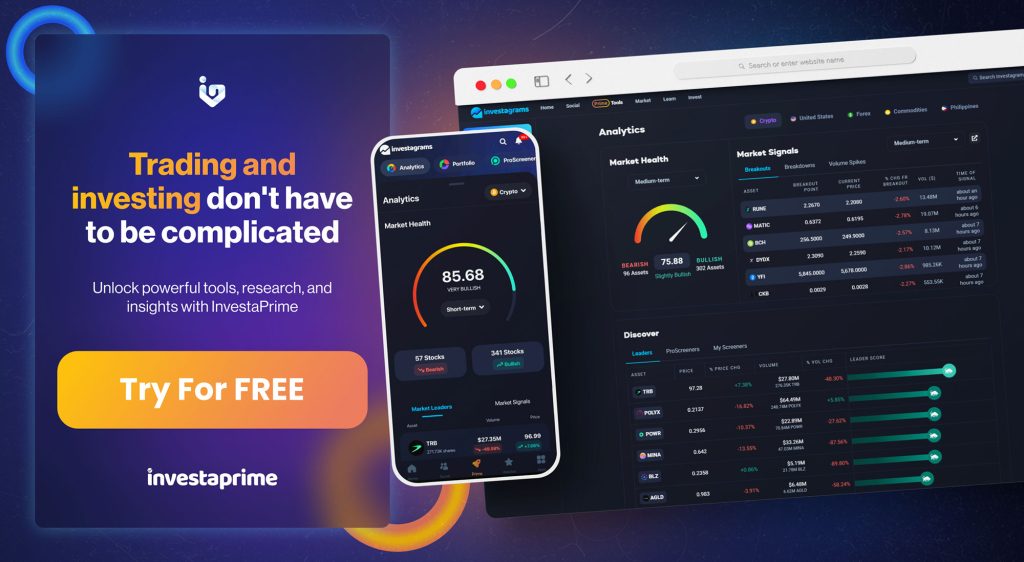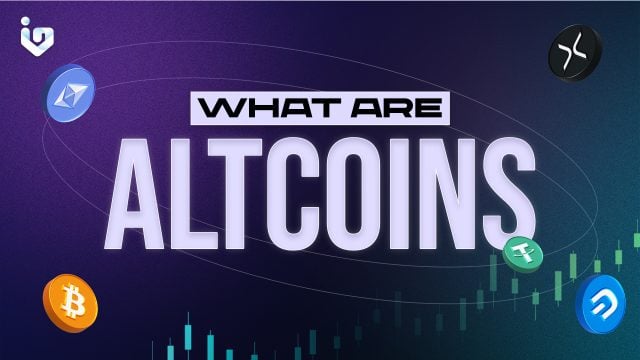Altcoins (alternative coins) are cryptocurrencies that are not Bitcoin (BTC). They are called altcoins because they offer alternatives to Bitcoin and traditional fiat money. They were created to improve upon the perceived limitations of Bitcoin or to provide new or additional capabilities or purposes. There are thousands of altcoins on the market, each with its own features, advantages, and challenges.
Types of Altcoins
Altcoins can be classified into several types based on their design, function, or origin. Some of the common types are:
Forks
Forks happen when altcoins are derived from the codebase of another cryptocurrency, usually Bitcoin or Ethereum. These can occur when a group of developers disagree with the original project and decide to create a new version with different rules or features. For example, Bitcoin Cash (BCH) and Bitcoin SV (BSV) are forks of Bitcoin. They aim to increase the block size and transaction capacity of the network. Ethereum Classic (ETC) is a fork of Ethereum that preserves the original blockchain after a controversial hard fork in 2016.
Tokens
Tokens are altcoins that are built on top of another blockchain platform, such as Ethereum, Binance Smart Chain, or Solana. They use the existing infrastructure and security of the underlying platform and do not have their own independent blockchain. They can also represent various assets, such as utility tokens, security tokens, non-fungible tokens (NFTs), or stablecoins. For example, Tether (USDT) and USD Coin (USDC) are tokens that are pegged to the US dollar. The goal of these are to provide stability and liquidity in the crypto market. CryptoKitties and Axie Infinity are tokens that are used in popular blockchain games.
Native coins
Native coins are altcoins that have their own original blockchain and do not rely on any other platform. They usually have their own unique features, consensus mechanisms, or use cases that distinguish them from other cryptocurrencies. For example, Monero (XMR) and Zcash (ZEC) are native coins that focus on privacy and anonymity, while Cardano (ADA) and Polkadot (DOT) are native coins that aim to create interoperable and scalable blockchain ecosystems.
Pros and Cons of Altcoins
Altcoins offer various benefits and drawbacks compared to Bitcoin and fiat money. Some of the pros and cons are:
Pros
– Innovation: Altcoins enable innovation and experimentation in the crypto space, as they introduce new technologies, solutions, or applications that can enhance the functionality, efficiency, or security of the blockchain. They can also cater to specific needs or preferences of different users, communities, or industries, such as gaming, DeFi, or social media.
– Diversity: Altcoins provide diversity and choice in the crypto market, as they offer different features, risks, and rewards for investors and traders. They can also diversify the portfolio and hedge against the volatility or dominance of Bitcoin or fiat money.
– Accessibility: Altcoins are generally more accessible and affordable than Bitcoin or fiat money, as they have lower entry barriers, fees, or regulations. They can also reach more people and regions that are underserved or excluded by the traditional financial system, such as the unbanked, the underbanked, or the developing countries.
Cons
– Volatility: Altcoins are more volatile and risky than Bitcoin or fiat money, as they are subject to high price fluctuations, market manipulation, or speculation. They can also lose value or become obsolete due to competition, regulation, or innovation.
– Security: Altcoins are less secure and reliable than Bitcoin or fiat money, as they are more vulnerable to hacking, fraud, or theft. They can also suffer from technical issues, bugs, or errors that can compromise the functionality or integrity of the blockchain or the tokens.
– Complexity: Altcoins are more complex and confusing than Bitcoin or fiat money, as they require more knowledge, research, or understanding to use, store, or trade. Altcoins can also have different standards, protocols, or interfaces that can create compatibility or interoperability challenges.
Future of Altcoins
The future of altcoins is uncertain and unpredictable, as it depends on various factors, such as technology, regulation, adoption, or innovation. However, what we are sure of is that they will continue to coexist with Bitcoin and fiat money. This is because they complement/supplement each other for different use cases. Given that they offer superior features compared to Bitcoin, it’s also possible for them to eventually surpass it.

